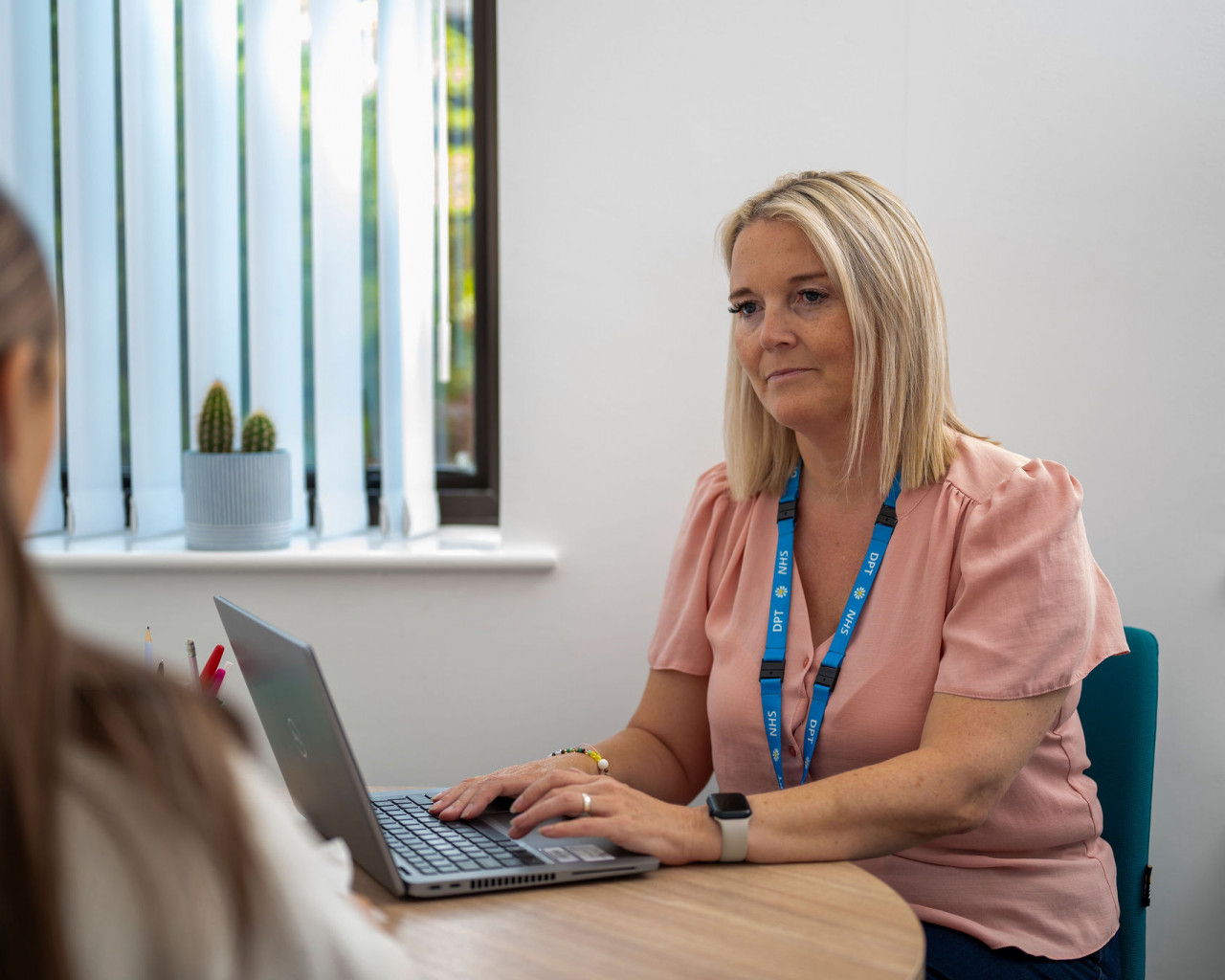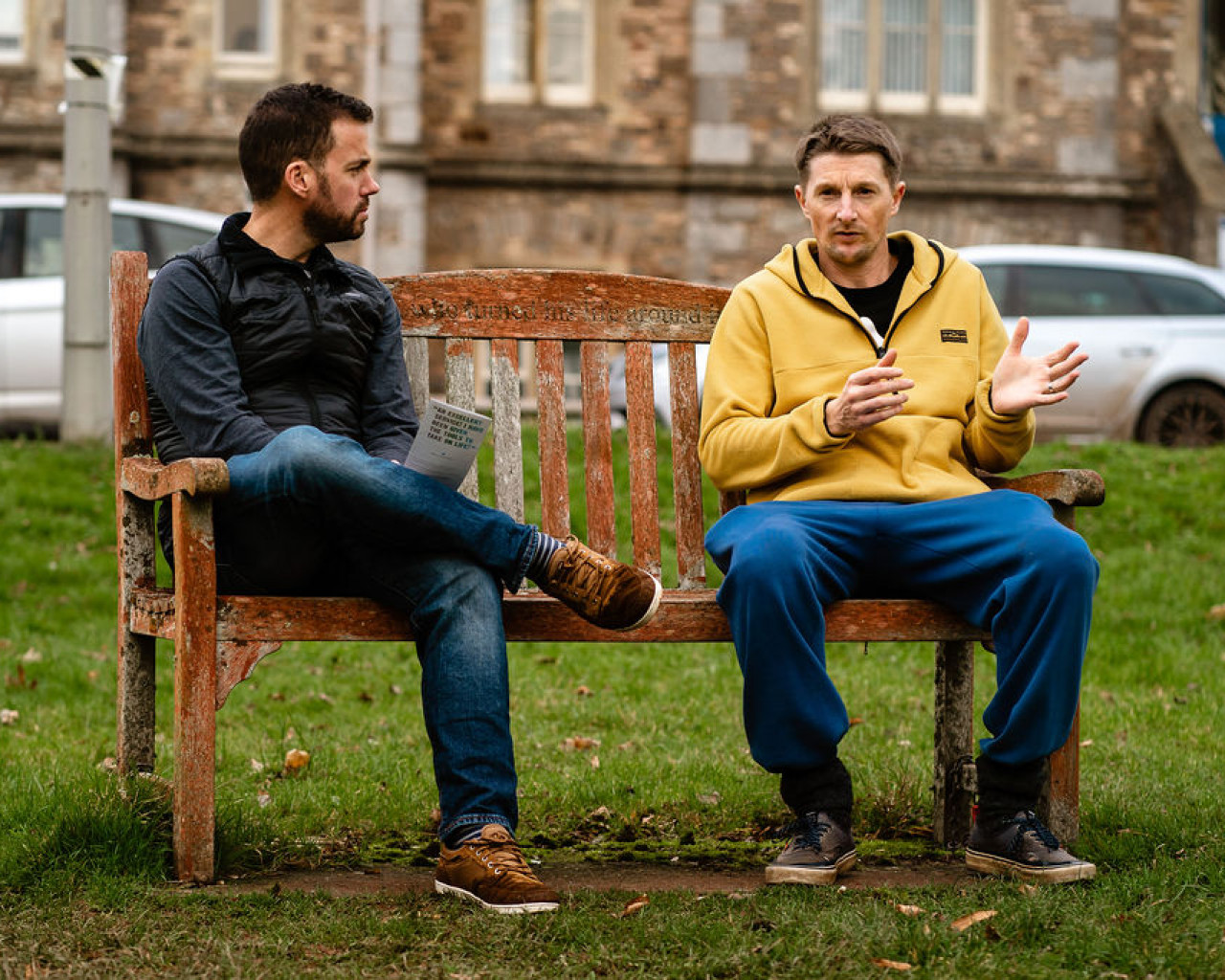TALKWORKS is a free, confidential NHS service in Devon offering talking therapies for people experiencing common mental health difficulties such as anxiety, depression and stress.
“You are a carer if you provide unpaid support for family or friends who need help because they are ill, frail, disabled or have a mental health or substance misuse problem.” - Devon Carers
You don’t have to live with the person you provide care for – the above definition can include anyone who plays a role in supporting individuals who use our services, including wider social networks. In summary, a carer is someone who helps another person with tasks they would be unable to do by themselves.
For many people, caring for a family member or friend does not have a name; it is simply something you do. Whether you identify yourself formally as a carer or not, if someone you care about is receiving support through TALKWORKS, this page offers information on what to expect, as well as practical advice to help you to support them, and yourself, along the way. Scroll down to find out more.





